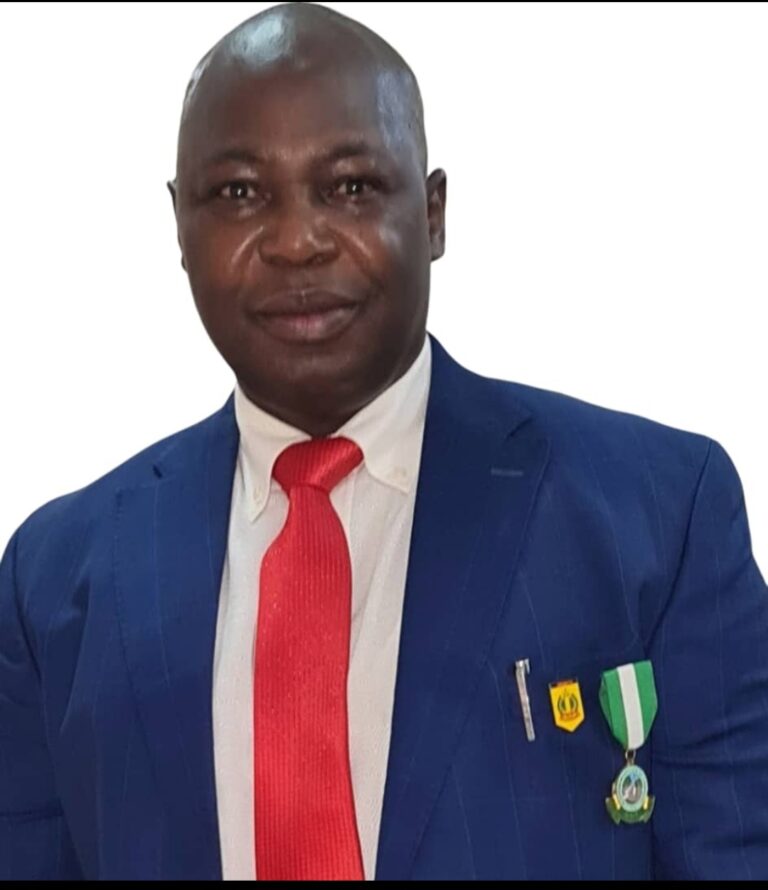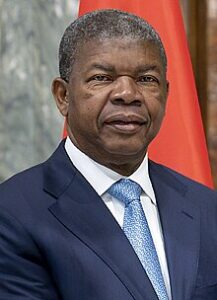Group seeks empowerment of children to achieve AU Agenda 2063
By Angela Atabo
African Union (AU) Agenda 2063 Ambassadorial Assembly, an NGO, says there is a need to prioritise the empowerment of children as a fundamental strategy for realising the African Union’s Agenda 2063.
Dr Elizabeth Emeka-Onwucheka, Chairperson, Education and Mass Literacy Committee, AU Agenda 2063 Ambassadorial Assembly, made the call at the 2025 Children’s Day Celebration organised by the group.
According to Emeka-Onwucheka, the event, with the theme “From the Streets to the Classroom“ echoes the aspirations of Agenda 2063, a prosperous Africa where every child has access to education and dignity.
The News Agency of Nigeria (NAN) reports that Agenda 2063 outlines Africa’s strategic framework for the socio-economic transformation into the global powerhouse of the future over a 50-year period.
The chairperson said that the call aligned with the AU’s vision of an inclusive, peaceful, and prosperous Africa.
She emphasised the critical role of children in the continent’s development trajectory.
“The AU Agenda 2063 is big on creating the Africa we want.
“It is the children that we need to build the Africa we want, because they are the future of Africa.
“That is one of the things that we are doing today, educating the African child, taking the African child off the street to the classroom where they ought to be,” she said.
She expressed passion about building the dream Africa by equipping the children of today to take up that task.
“This is because they are the ones that will be here to run through the 50 years agenda of the AU Agenda 2063,”she said
Emeka-Onwucheka said that the Assembly collaborated with Premiere Academy and Cradle2Harvard International Schools (C2HIS) to carry out the project.
She said that the aim was to ensure that children already in the classrooms became the ambassadors for out-of-school children.
According to her, the objective is to make them ambassadors of the AU agenda while carrying their mates on the streets along to build the African dream.
The Principal of Premiere Academy Lugbe, Christopher Akinsowon, said that there were millions of African children on the streets who were out-of-school rather than in the classroom.
According to Akinsowon, African children are calling for help.
“They are full of potential; they are full of so many things they want to express themselves but due to certain imitations, they can not.
“They face limitations like school fees, inability to develop their immediate environment, and so many things that make them unable to give to the world what is expected of them.
“I think first and foremost, government legislation is very important.
“The role of government is key in addressing these challenges and then the individual effort,” she said.
Some students who participated in the event expressed readiness to grow into championing the AU Agenda 2063 and stressed the need to assist out-of-school children to get back to the classroom.
Ms Chikaima Ogunema, a student of Premiere Academy, commended the organisers of the event.
Ogunema said that the programme was impactful and it empowered her on what to do to contribute to Africa.
Deborah Ogaji from Government Secondary School, Wuye, Abuja, said that she had been empowered to be a change agent.6
“Today I learnt about the African child and that I can be anything I want to be, so I will help other children to realise their worth as Africans,”she said.
Another student, Mr Ebere Bassit, said that the programme was a good way to celebrate children’s day and also the African child, especially the homeless, orphans and marginalised ones. (NAN)
Edited by Kadiri Abdulrahman









